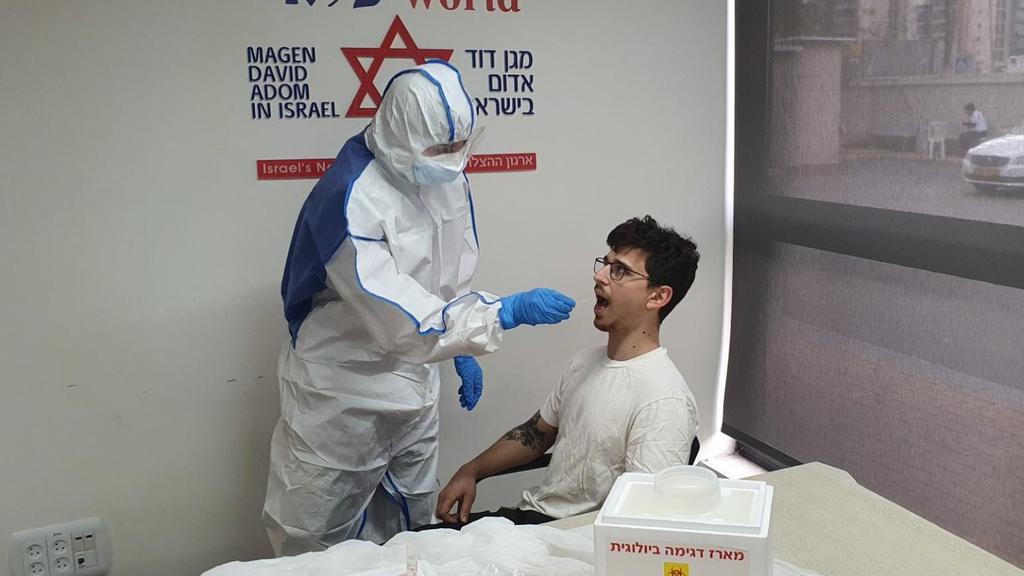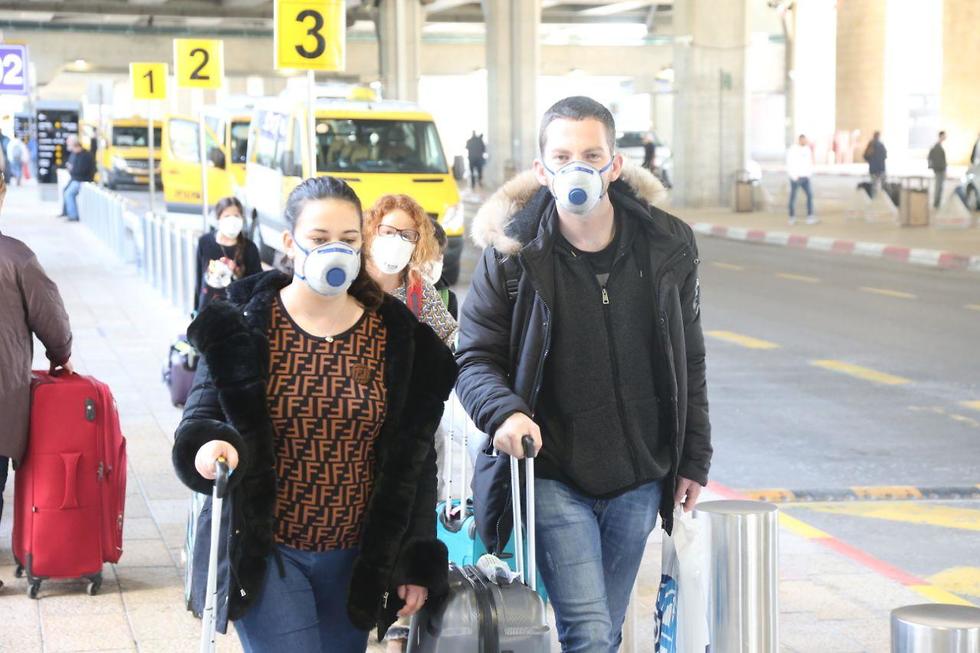Getting your Trinity Audio player ready...
The novel coronavirus is an emerging infection caused by a new and never before seen pathogen.
When dealing with a new illness, we collect and study data, assess risks, analyze possible scenarios and are realistic and flexible in our decision-making process.
The data collected on the virus so far raises some conclusions that require us to rethink our plan of action against it.
Here are the facts: This is a highly contagious, flu-like disease that moves from one person to the next through respiratory droplets produced when an infected person coughs or sneezes and through contact, but unlike the flu, the coronavirus has a much higher mortality rate.
When the disease reaches the lungs, it can cause respiratory failure. This is more prevalent among people with chronic illnesses.
Eighty percent of coronavirus patients will only display slight symptoms and could be treated at home, 15% will require hospitalization and 5% will need to be taken to an intensive care unit and be given respiratory support.
There is currently no cure available for the novel coronavirus.
There is no way to stop the spread of the virus in Israel or around the world. That horse has already bolted.
The draconian and economically devastating measures taken by health officials may only delay infections for a while, but in the long run, the spread of the virus is inevitable.
We will be seeing hundreds of thousands of confirmed new cases in the coming weeks.
4 View gallery


An Israeli health official tests a patient for coronavirus
(Photo: Magen David Adom )
The 14-day quarantine period imposed on many Israelis has serious social, economic and emotional implications that should be weighed against their limited advantages.
This is a bleak, but plausible, prediction that we must prepare for.
The only way to keep coronavirus fatalities down in case of mass contagion is by increasing local hospitals' capacity to treat patients in ICUs with respirators. There is an urgent need for more ICU beds and respirators.
ICU's must maintain separation of patients and must strictly adhere to protocols to protect medical teams from infection.
They are currently understaffed and undersupplied while the number of cases is still low.
The medical system has been starved for years and medical teams are already overworked as they tend to the needs of the public.
Hospitals must prepare for an influx of patients but must also better protect medical teams.
Local clinics and HMOs must also improve their ability to protect their medical staff from infection because they will be tasked with treating the estimated 80% of patients exhibiting only mild symptoms.
Patients should be encouraged to stay home as much as possible and treatment should only come to them when needed.
Handling such an epidemic requires leadership, determination and the ability to change course when necessary.
These changes must be made now.




